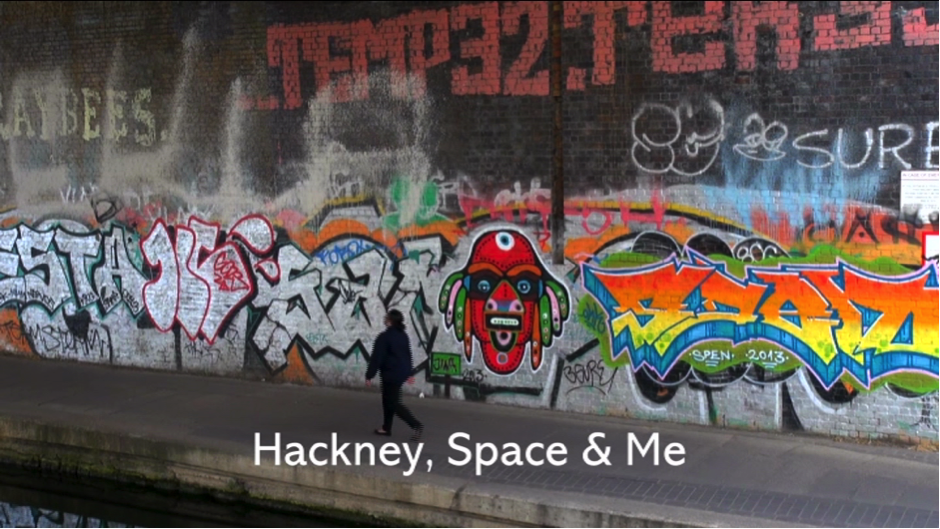
In 2017 sociologist Elena Vacchelli and Digital Storytelling facilitator Tricia Jenkins conducted a pilot study with the Portuguese-speaking community in Stockwell. The workshop deployed the creative and collaborative method of Digital Storytelling (DS) to look at the life experiences of the Portuguese speaking community in gentrifying Stockwell and see how they connect to broader issues identified in Stockwell. A recent report by Nogueira, Porteous and Guerreiro (2015) suggests that the roughly 35,000 Portuguese speaking migrants in Stockwell (South London) span across different generations of migration and across different continents including Europe, Africa, South America and Asia. The report identified key areas of concern affecting the Portuguese speaking community ranging from immigration status for extra-European Portuguese speaking migrants; poor English; unsuitable housing; isolated elderly people and mental health; substance misuse; domestic violence. Whilst the community remains concentrated in and around the area known as Little Portugal in Stockwell, where we held the DS workshop, both the census and the growing number of cafes and bars ran by Portuguese Speakers indicate that members of the community now live throughout the borough. The Stockwell Partnership played a major role in facilitating the recruitment of the research participants for this pilot project.
The ‘social encounter’ of the DS workshop encourages participants to reflect on and share personal narratives which are borne out of a dialogical relationship amongst the group. DS aims for the realisation of a two to five minutes audio-visual clip whose imaginary is built on the recording of the workshop participants’ voice reading the story s/he wrote. The resulting clip is a combination of principally still images complementing the recording of the participant’s voice telling the story that s/he has developed through a series of creative writing type of activities. Digital Storytelling is achieved through a dynamic rapport of mutual support and co-production during the workshop aimed at helping participants to find their voice and tell a story which is important to them. Participants are also supported in transforming their story into an audio-visual clip that can be shared with the immediate group and disseminated further.
Researchers: Elena Vacchelli (University of Greenwich) and Tricia Jenkins (Goldsmiths, University of London)

